Staying Fit


The 67-year-old woman arrived in the neurologist’s office in 2018 with concerns. Her memory used to be pretty good, she told him, but she now had to write everything down to remember.
“Three years later, she was having trouble paying her bills and forgetting to take her medication,” recalls Andrew Budson, M.D., chief of cognitive and behavioral neurology and director of the Center for Translational Cognitive Neuroscience at the Veterans Affairs (VA) Boston Healthcare System. “She knew her memory wasn’t perfect but didn’t realize how much things had progressed.” Two years after that, she was getting lost in her neighborhood and denying there was anything wrong with her memory. “As [patients] progress, they forget that they can’t remember. This is classic Alzheimer’s dementia.”
Dementia is an umbrella term for conditions that impair a person’s ability to think, reason and remember to levels that interfere with daily life. “Something in the brain goes wrong,” says Paul E. Schulz, M.D., director of the Neurocognitive Disorders Center at the UTHealth Houston McGovern Medical School. “And it affects the person’s real world.”
Although the risk of dementia rises a great deal after age 65, it is not an inevitable part of aging. “It’s important to know it’s a disease; it’s not just normal aging or getting old,” says Melinda Power, director of the George Washington University Institute for Brain Health and Dementia. Dementia can be caused by several different diseases, including Alzheimer’s.


AARP Membership— $12 for your first year when you sign up for Automatic Renewal
Get instant access to members-only products and hundreds of discounts, a free second membership, and a subscription to AARP the Magazine.
“At the core of any dementia, brain cells die,” she adds. In the early stages, the person initially can compensate, by using labeled pillboxes, for example, or keeping notes, and often still can function. But gradually — often over years — the person begins to have trouble doing things for themselves.
“There are multiple things going on in the brain,” Budson says. “What is common to all the dementias is that there is a process that is progressively killing brain cells. That is the commonality.”
Types of dementia
Alzheimer’s disease is by far the most common form, causing 60 to 80 percent of dementia cases, according to the Alzheimer’s Association. But there are other forms, each with different causes and sometimes strikingly different symptoms. These include vascular dementia, Lewy body dementia and frontotemporal dementia — which entered popular consciousness with news of actor Bruce Willis’ diagnosis in 2023. Some people can suffer from a combination of two or more of these, a condition known as mixed dementia. What these illnesses have in common is that they result from a progressive destruction of brain cells, affecting thinking, memory and behavior in various ways.




























































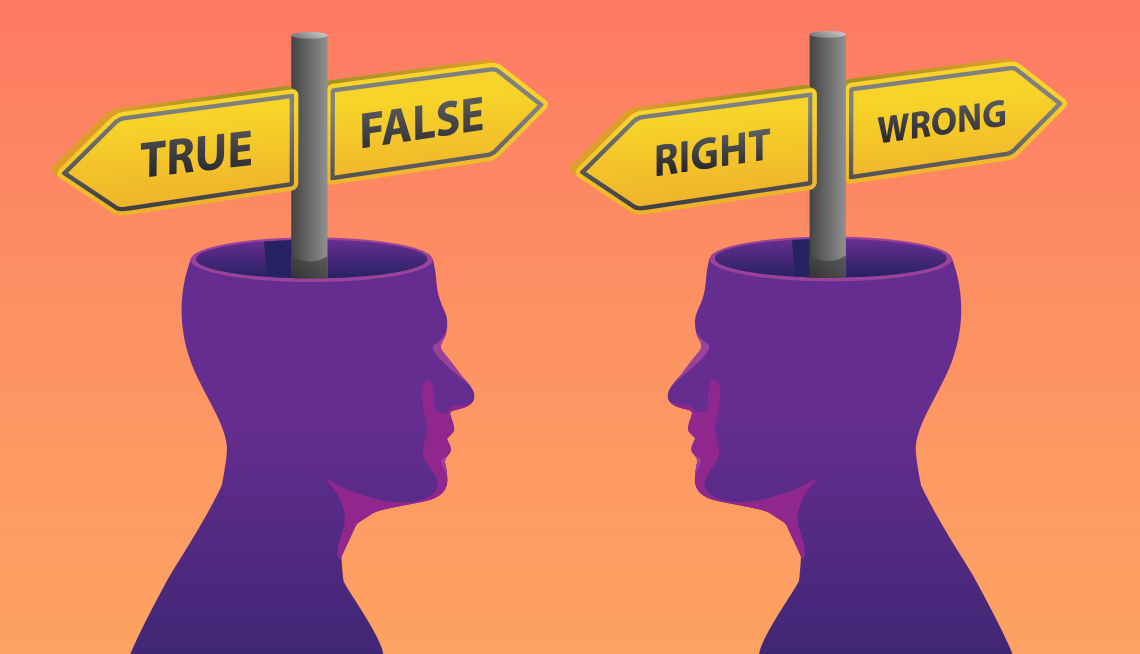




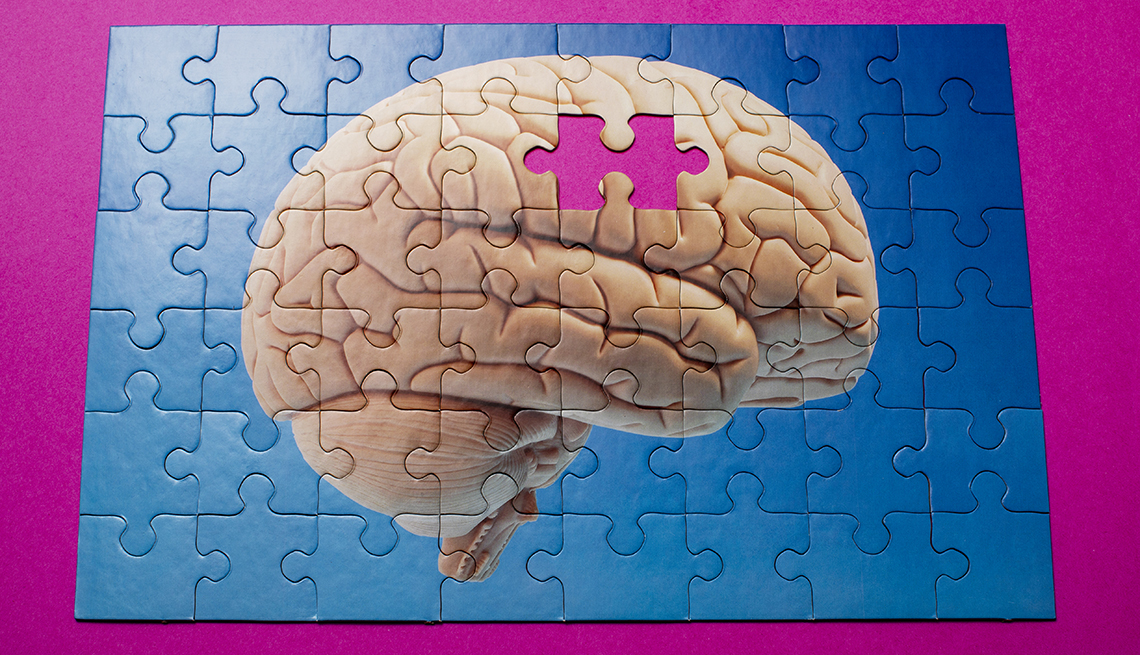

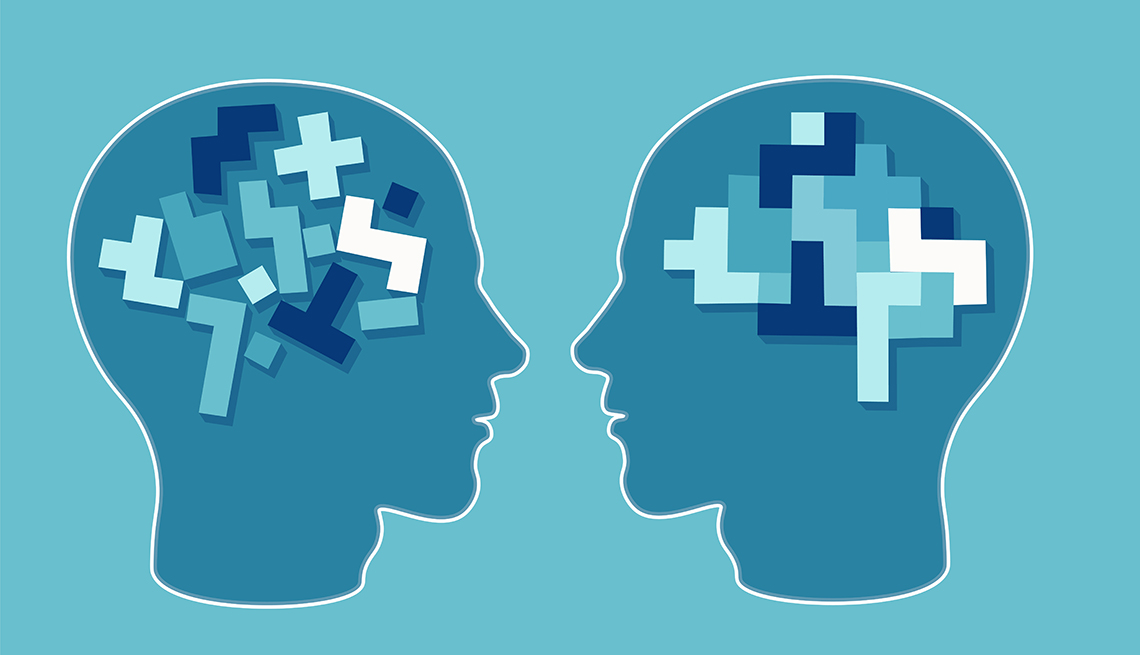

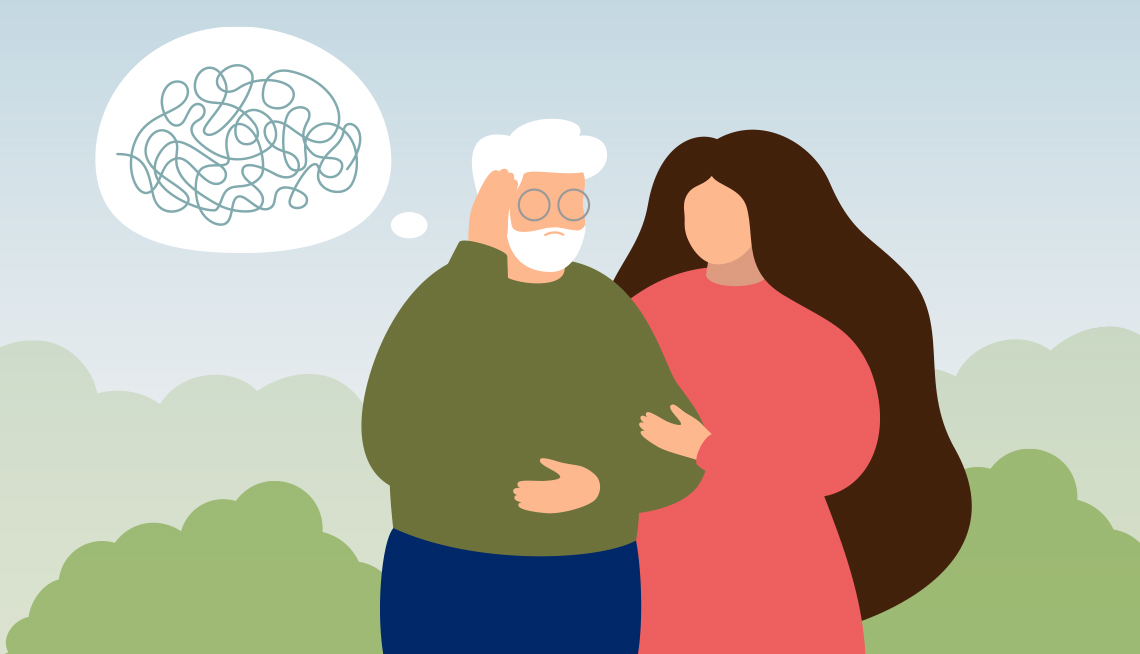






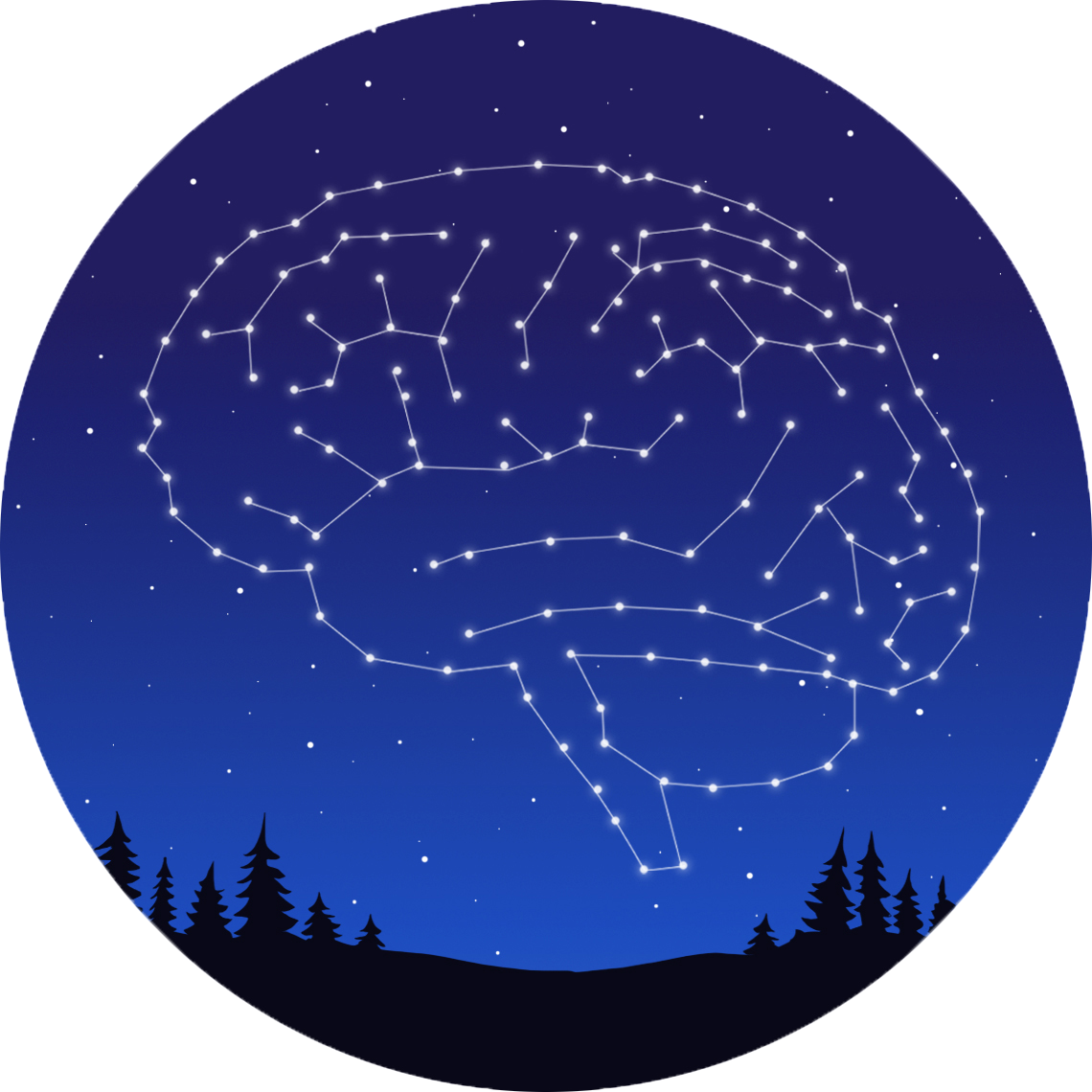






More From AARP
Take the Cognitive Assessment
Find out how you perform today in five key areas, including memory and attention
What Are the Common Types of Dementia?
Symptoms can vary profoundly depending on which areas of the brain are affectedHow Is Dementia Diagnosed?
If you have concerns, don't put off the examRecommended for You